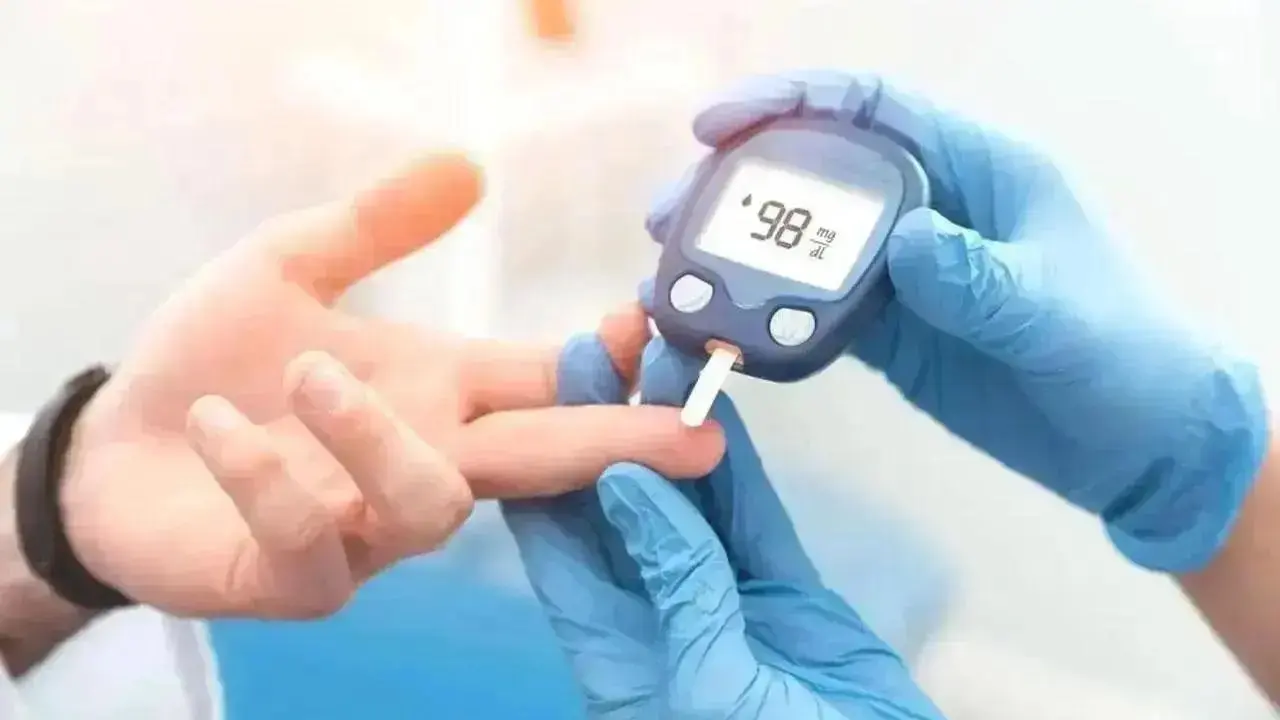‘India is the diabetic capital of the world, is only going to get worse from here.’- revealed a Mumbai-based ophthalmologist during a virtual press interaction on Friday, stressing the urgent need to address the silent yet devastating complications of retinal diseases, such as diabetic retinopathy.
With at least 1 in 5 adults estimated to have diabetes in India, and the ever-changing lifestyle and dietary shift of the younger age groups especially, Ophthalmologists are raising concern over the increasing incidence of diabetic retinopathy among young adults, with cases now being detected within just three to five years of a diabetes diagnosis.
Diabetic retinopathy occurs when high blood sugar levels damage the blood vessels in the retina. It was once considered a condition only affecting older generations, it is increasingly reported in individuals under 40, and as per experts is going to have ‘a huge economic burden, not just on ourselves, but also the country.’
Ahead of World Retina Day, here is how early screening and regular eye check-ups can prevent up to 60-80% of diabetic retinopathy cases:
What is Diabetic retinopathy?
Diabetic retinopathy occurs when high blood sugar levels damage the blood vessels in the retina. Early warning signs include floaters, blurred vision, dark or blank spots, poor night vision, and difficulty distinguishing colors. While mild cases can be managed with proper diabetes control, advanced cases may require laser treatment or surgery.
Causes and rising cases:
The main cause of diabetic retinopathy and other retinal diseases are sedentary lifestyle, unhealthy diet and stress. Co-morbidity (multiple diseases at once) such as diabetes, cholesterol, hypertension can cause more changes in a person being affected by retinal diseases.
Doctors are especially concerned for the younger age groups especially as they are showing early signs of eye damage.
Precaution and Prevention:
Experts recommend getting a regular eye check-up done (at least once a year).
Getting blood sugar levels, BP, Cholesterol, etc checked at least every three months.
Having a balanced diet, getting enough sleep, being physically active, and opting for other healthier life choices.
Doctor’s advice:
Do not ignore early signs.
Do not self-diagnose
Get your eyes checked at least once a year, especially people who have been diagnosed with Diabetes, cholesterol, BP, and such related diseases.
Treatment:
Early detection is key in managing diabetic retinopathy. Mild cases can often be controlled through strict diabetes management, including keeping blood sugar, blood pressure, and cholesterol in check. In advanced stages, medical interventions such as laser therapy, injections, or surgery may be necessary. Doctors strongly caution against self-diagnosing or relying on over-the-counter remedies. Instead, they advise visiting the nearest ophthalmologist at the first sign of symptoms such as blurred vision, floaters, or difficulty seeing at night. Timely consultation can make treatment more effective and prevent permanent damage to vision.
As highlighted during the press interaction, diabetic retinopathy is no longer a condition confined to older generations—it is increasingly affecting younger adults as well. With India carrying one of the highest burdens of diabetes globally, the need for awareness, regular eye check-ups, and lifestyle changes cannot be overstated. Protecting your vision begins with vigilance: recognizing symptoms early, seeking professional help, and committing to preventive care. Ultimately, as experts emphasized, controlling diabetes is not just about safeguarding physical health but also about preserving the gift of sight.











